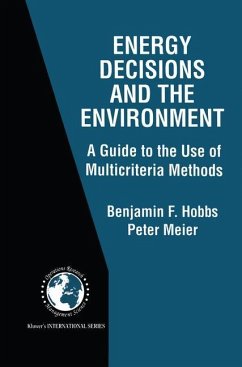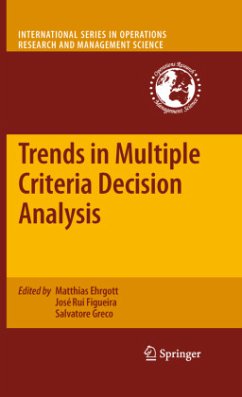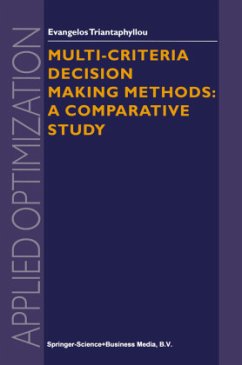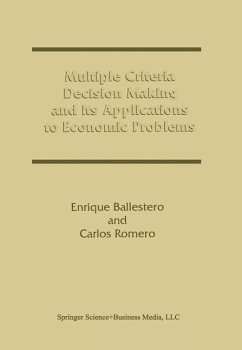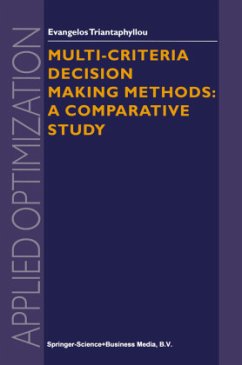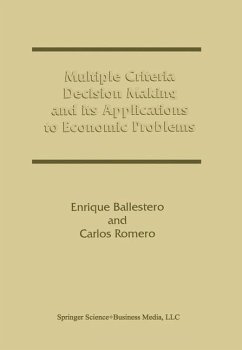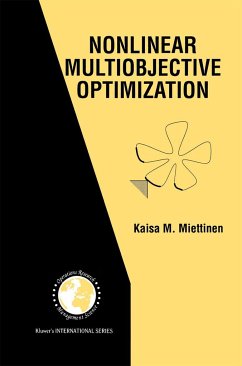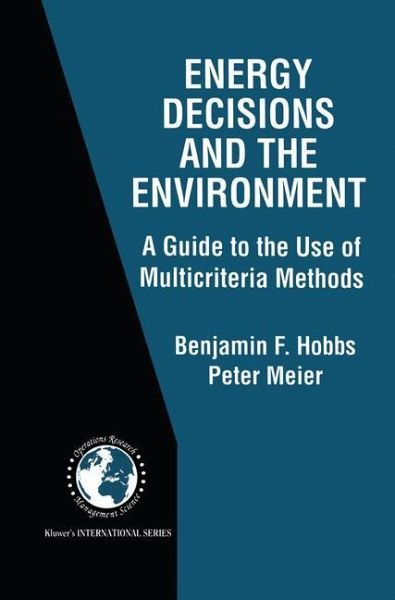
Energy Decisions and the Environment
A Guide to the Use of Multicriteria Methods
Versandkostenfrei!
Versandfertig in 6-10 Tagen
76,99 €
inkl. MwSt.
Weitere Ausgaben:

PAYBACK Punkte
38 °P sammeln!
Planning, operating, and policy making in the electric utility and natural gas sectors involves important trade-offs among economic, social, and environmental criteria. These trade-offs figure prominently in ongoing debates about how to meet growing energy demands and how to restructure the world's power industry. Energy Decisions and the Environment: A Guide to the Use of Multicriteria Methods reviews practical tools for multicriteria (also called multiobjective) decision analysis that can be used to quantify trade-offs and contribute to more consistent, informed, and transparent decision mak...
Planning, operating, and policy making in the electric utility and natural gas sectors involves important trade-offs among economic, social, and environmental criteria. These trade-offs figure prominently in ongoing debates about how to meet growing energy demands and how to restructure the world's power industry. Energy Decisions and the Environment: A Guide to the Use of Multicriteria Methods reviews practical tools for multicriteria (also called multiobjective) decision analysis that can be used to quantify trade-offs and contribute to more consistent, informed, and transparent decision making. These methods are designed to generate and effectively communicate information about trade-offs; to help people form, articulate, and apply value judgments in decision making; and to promote effective negotiation among stakeholders with competing interests. Energy Decisions and the Environment: A Guide to the Use of Multicriteria Methods includes explanations of a wide range of methods, tutorial applications that readers can duplicate, a detailed review of energy-environment applications, and three in-depth case studies.





